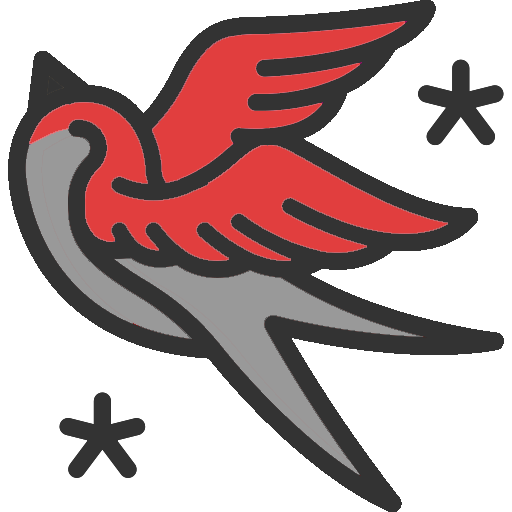The Second Chapter
31 March 2023
About three and a half years ago, I started writing again. Writing fiction again, formally, as I hadn’t done since I was in my late teens and very early twenties. I had poked at prose in the almost twenty years in between, but without much inspiration or conviction. I wrote essays as website and newsletter content, and I enjoyed it, but at times it felt like a creative cul-de-sac. I couldn’t see where else it might lead. I thought that perhaps my tendency towards words had been buried under the pressure of adult life and, perhaps, that was that.
Instead, two things happened. The first was that I revived my reading habit and learned to love books again. The second was that I, unexpectedly and inexplicably, felt compelled to write about a particular situation I encountered. What I wrote then was not quite fiction. I recognize it now as a brief piece of something more like creative nonfiction. It’s not that good, although it has good parts, and it will never be a standalone work I can release or publish. But I remember how thrilled I was after writing it that I hadn’t completely lost the impulse to write. It was a spark, and it was warm and bright.
And just like that, I was writing again. Except not just like that, because no matter what the impulse or the age, I was a beginner, and learning how to do anything is work. Those past three and a half years have been full of false starts, failed attempts, and frustrating setbacks. I’ve struggled to establish a sustainable routine around the time-consuming adult responsibilities of work and parenting, not to mention things of minor importance like some semblance of mental health and sleep. But the other day I realized I hadn’t added some recent writing to the folder I keep of all my completed work and I ended up reviewing what was there. I realized that, since I began writing again, formally, I’ve written fourteen complete stories. Most are short and not great. But they’re complete. Of these fourteen, I’ve had five published. That strikes me as not that bad.
From this realization, I gathered a few lessons. Most of these are writing-centric but might apply to other creative endeavors, including the business of living. For your consideration:
Don’t question where your interests are leading you until after you’ve finished a complete thought about it. Don’t questions what it means, whether or not it will make sense to anyone else, and for the love of Shirley Jackson don’t question whether or not it will get published. Just follow where the path leads. Once you’ve got to the end of that particular path, you can look back, reflect, consider, and refine. Edit and clarify and rearrange. But don’t preclude the journey with pre-editing.
Complete the thought. Practically speaking, this means the draft, but I’ve learned to focus on the thought, the thing that compelled me to start the story. Get to the end of it. It doesn’t matter how sloppy or rushed your journey there is. The only way you’ll find out where you’re going is to get there. You can’t edit toward a destination until you know what that destination is.
Doing a tiny bit consistently builds up. It’s a fact so simple that it’s easy to mistrust its truth. But it is true. One paragraph, one sentence, one word a day is more than existed before, and, the more days that pass, the more you have. Nothing is too little except nothing at all.
Nothing is ever truly lost. Ideas, observations, impressions, memories, tendencies, and talents—none of them ever die. They may slip away. You may forget them and their power. It may feel as if they are lost. They’re not. They’re just hidden. They can be recovered, with slow, steady effort and faith.
As I write this, it is the end of March and the tapering of a long, difficult late winter. I’m eager for spring and the turning of the page. But I know there is supposed to be a held breath before the release, a necessary moment for reflection and review, for clarity and orientation. For the reminder that not only did you survive, but you also were what brought forth the spring before, and you can do it again.
